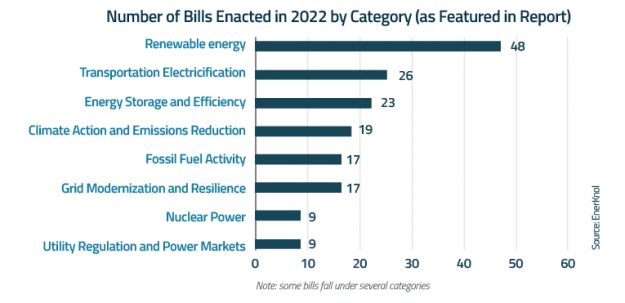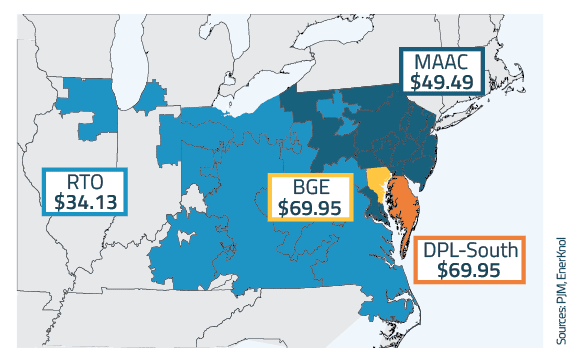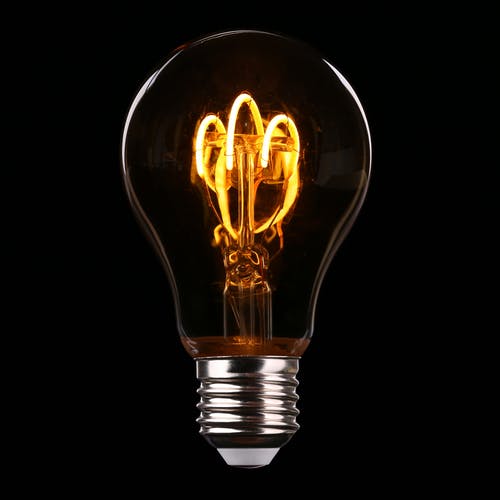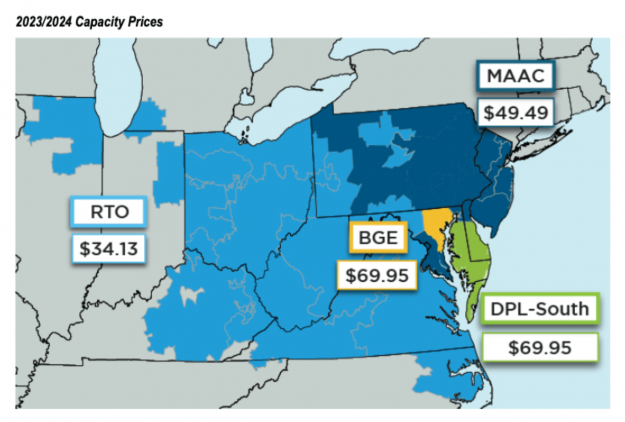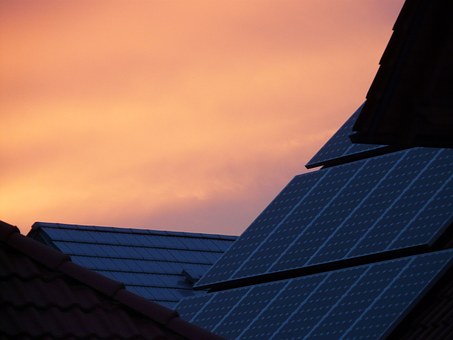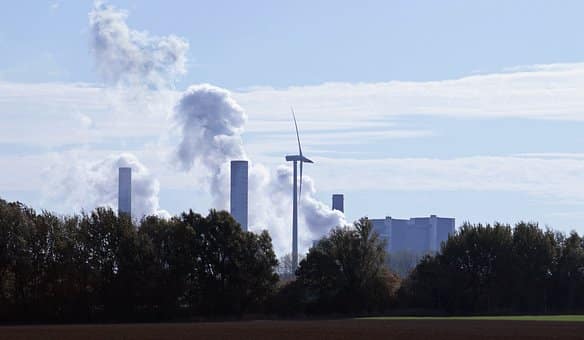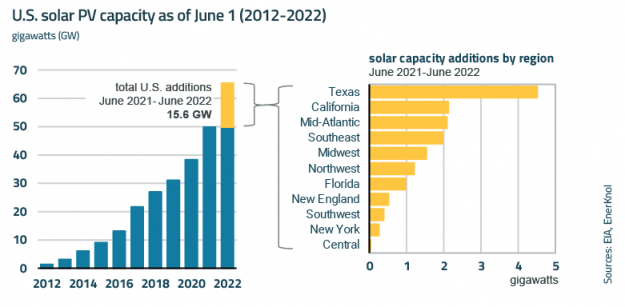EnerKnol Insights: Energy Policy Discussions Across U.S. State Legislatures in 2022
Energy legislation enacted across U.S. states so far in 2022 spans a broad spectrum of topics portraying actions to facilitate the energy transition. These include measures to expand renewables and distributed resources, strengthen climate commitments, optimize grid performance, and sustain the nuclear power fleet. … Read the full report …...
